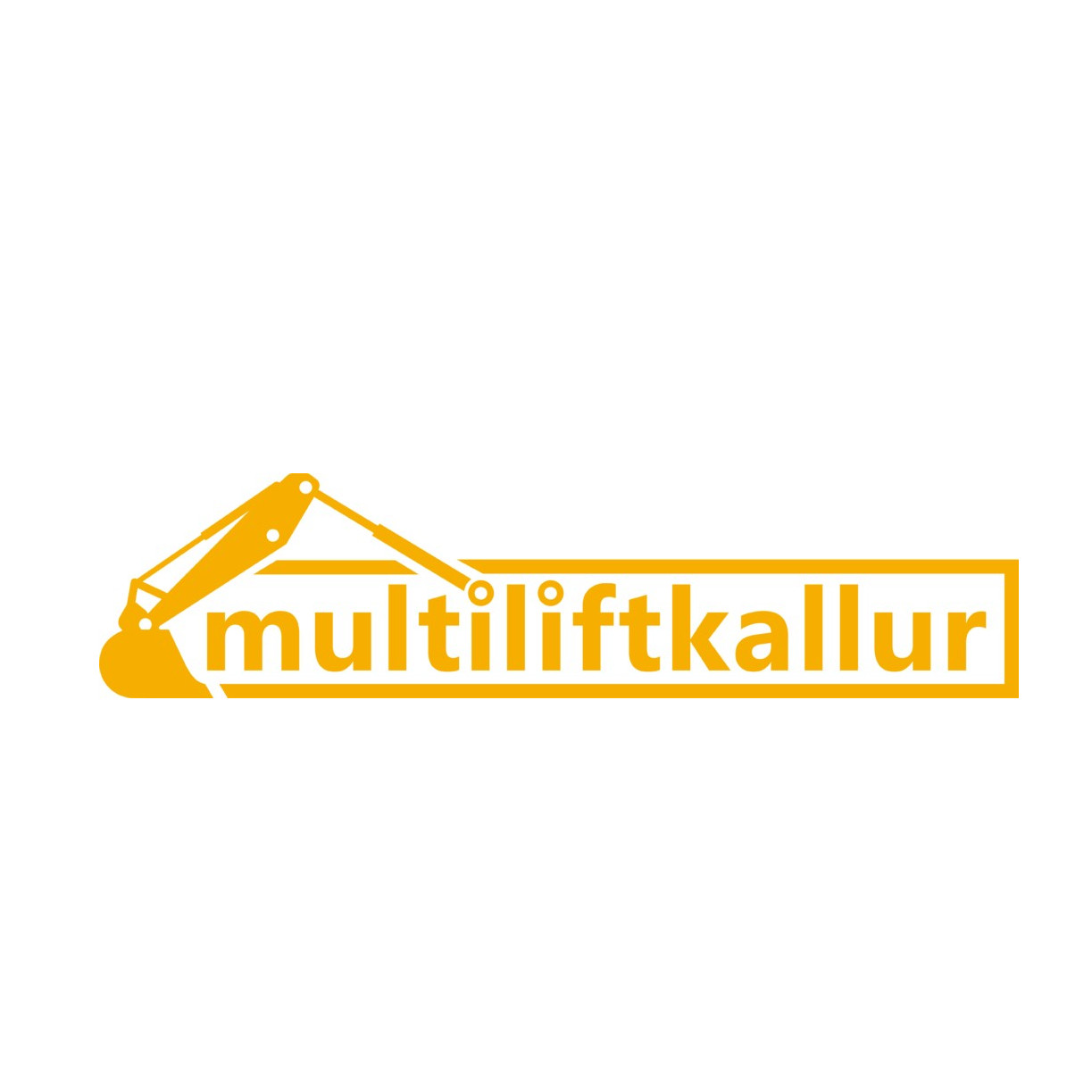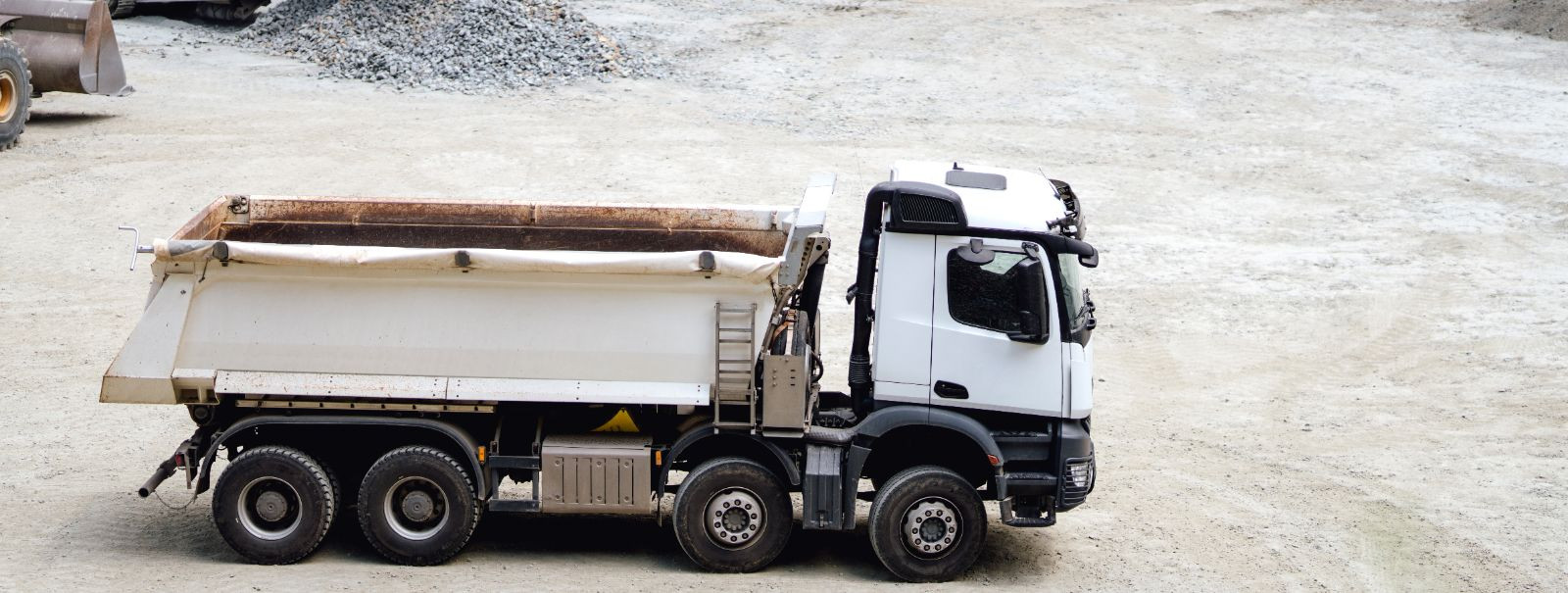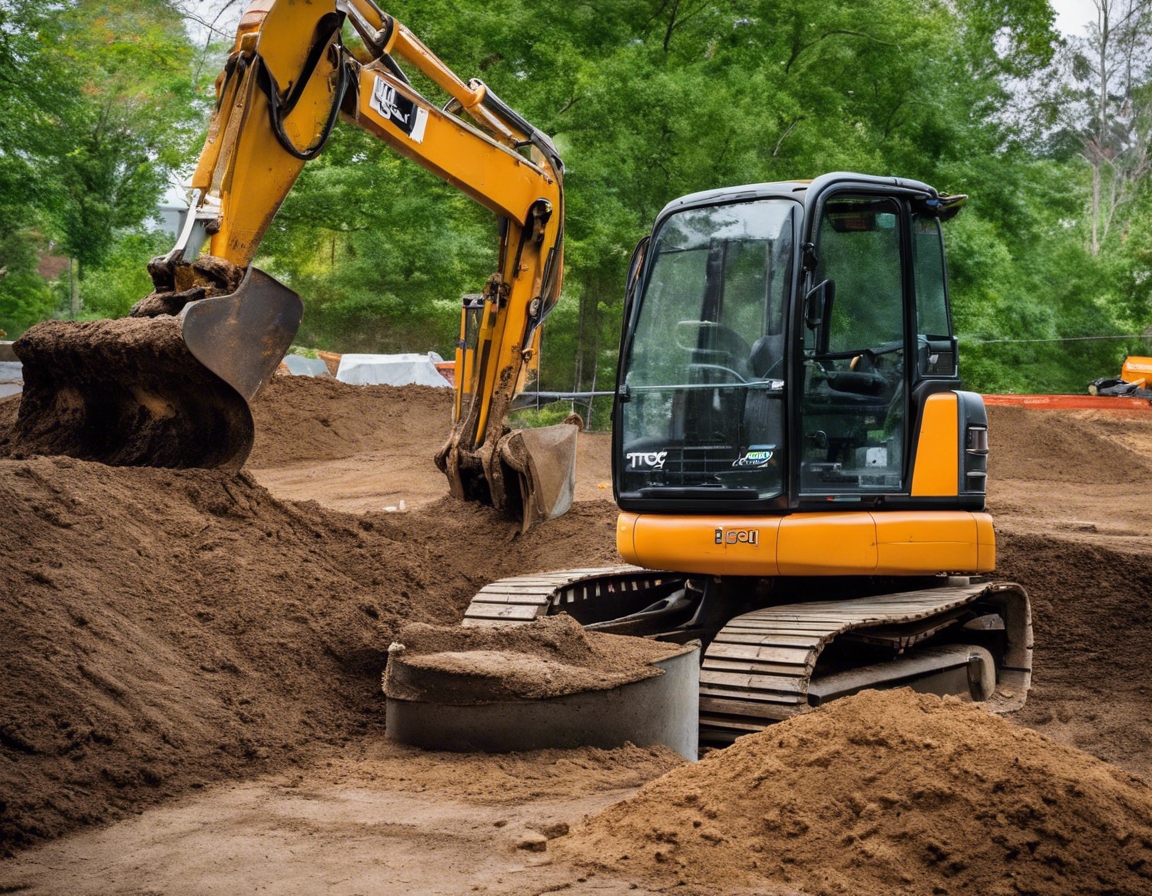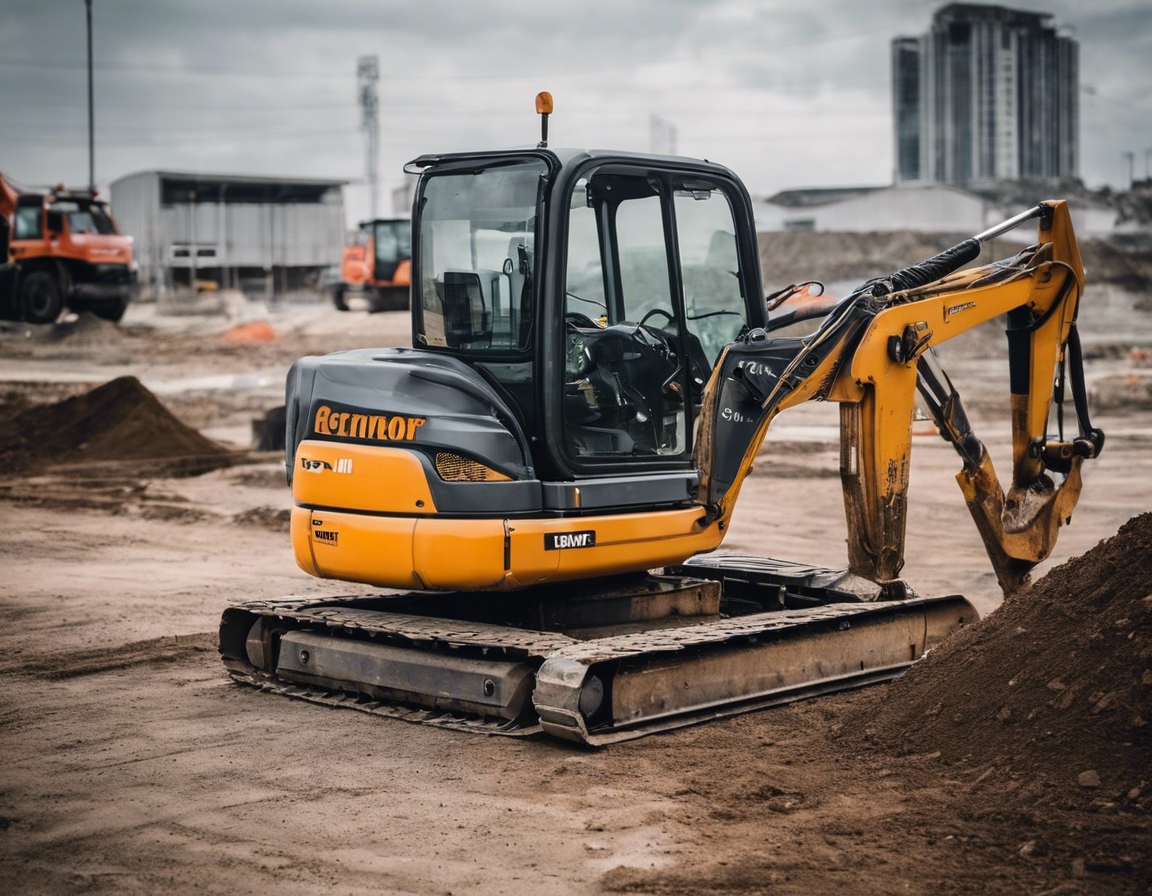5 eco-friendly practices in construction waste management
Construction projects are known for generating significant amounts of waste, which can have a substantial impact on the environment. Implementing eco-friendly practices in construction waste management is not only beneficial for the planet but also for the companies that adopt these practices, as they can lead to cost savings and improved brand reputation. In this post, we will explore five key practices that can make construction waste management more sustainable.
1. Source Reduction and Reuse
One of the most effective ways to manage waste is to prevent its creation. By carefully planning projects, construction companies can minimize excess materials and reduce waste at the source. This involves accurate material estimation, modular design, and prefabrication techniques.
Materials that are leftover or removed during construction can often be reused on-site. For example, excavated soil can be used for landscaping, and concrete rubble can be repurposed as a sub-base for roads or driveways. Reusing materials not only reduces waste but also cuts down on the need for new materials, conserving resources.
2. Recycling and Upcycling
Effective waste segregation is crucial for recycling construction materials. By separating materials such as metal, wood, and plastic, companies can ensure that these resources are recycled properly, reducing the need for virgin materials and the energy used in their production.
Upcycling goes a step further than recycling by transforming waste materials into new products with higher environmental value. For instance, old bricks can be cleaned and used for decorative purposes, or wooden pallets can be turned into furniture.
3. Responsible Disposal
When waste cannot be reused or recycled, it's important to dispose of it responsibly. This includes using landfills that have been designed to minimize environmental impact and considering the use of waste-to-energy facilities where appropriate.
Construction companies should partner with waste management firms that prioritize eco-friendly practices. These firms can provide guidance on the best disposal methods and ensure that waste is handled in compliance with environmental regulations.
4. Utilizing Technology for Waste Management
Technology can play a significant role in managing construction waste. Software solutions can help track waste generation, facilitate recycling efforts, and ensure compliance with waste management regulations.
New technologies in material sorting can greatly enhance the efficiency of recycling processes. Automated sorting systems can separate materials more accurately and at a faster rate than manual sorting, increasing the amount of material that can be recycled.
5. Education and Training for Sustainability
For eco-friendly waste management practices to be effective, they must be embraced by the entire construction team. Providing training programs for workers can ensure that they understand the importance of sustainability and know how to implement these practices on the job site.
As environmental regulations and technologies evolve, it's important for companies to stay informed about the latest in sustainable construction. This can involve attending industry conferences, participating in webinars, and reading up on current research.






Comments (0)